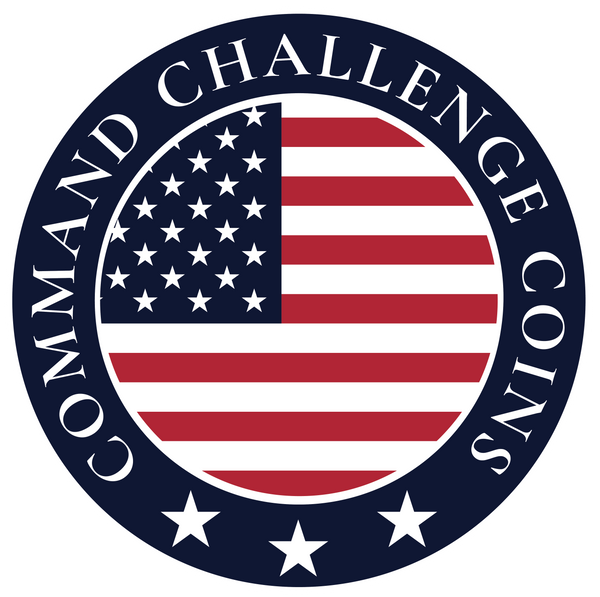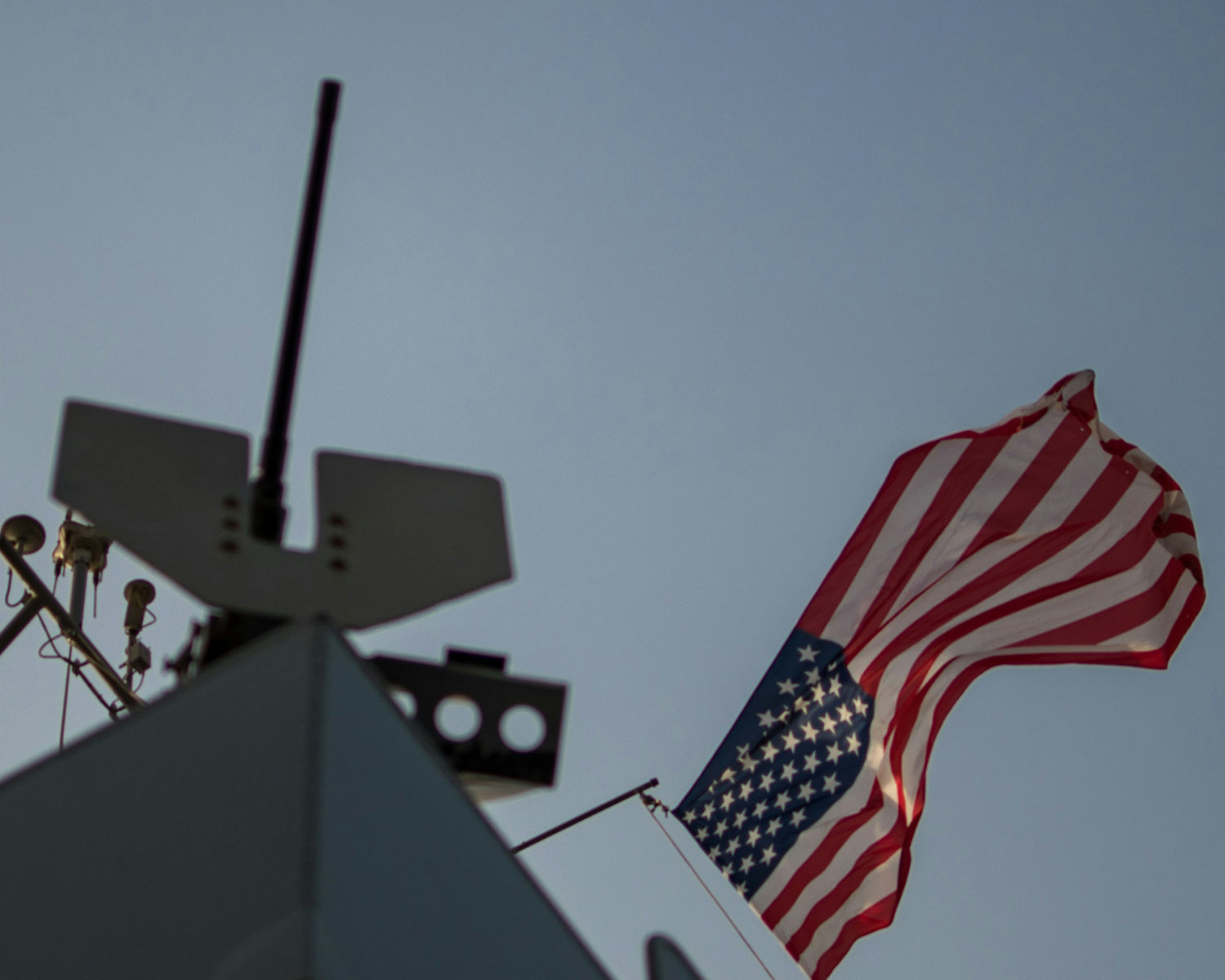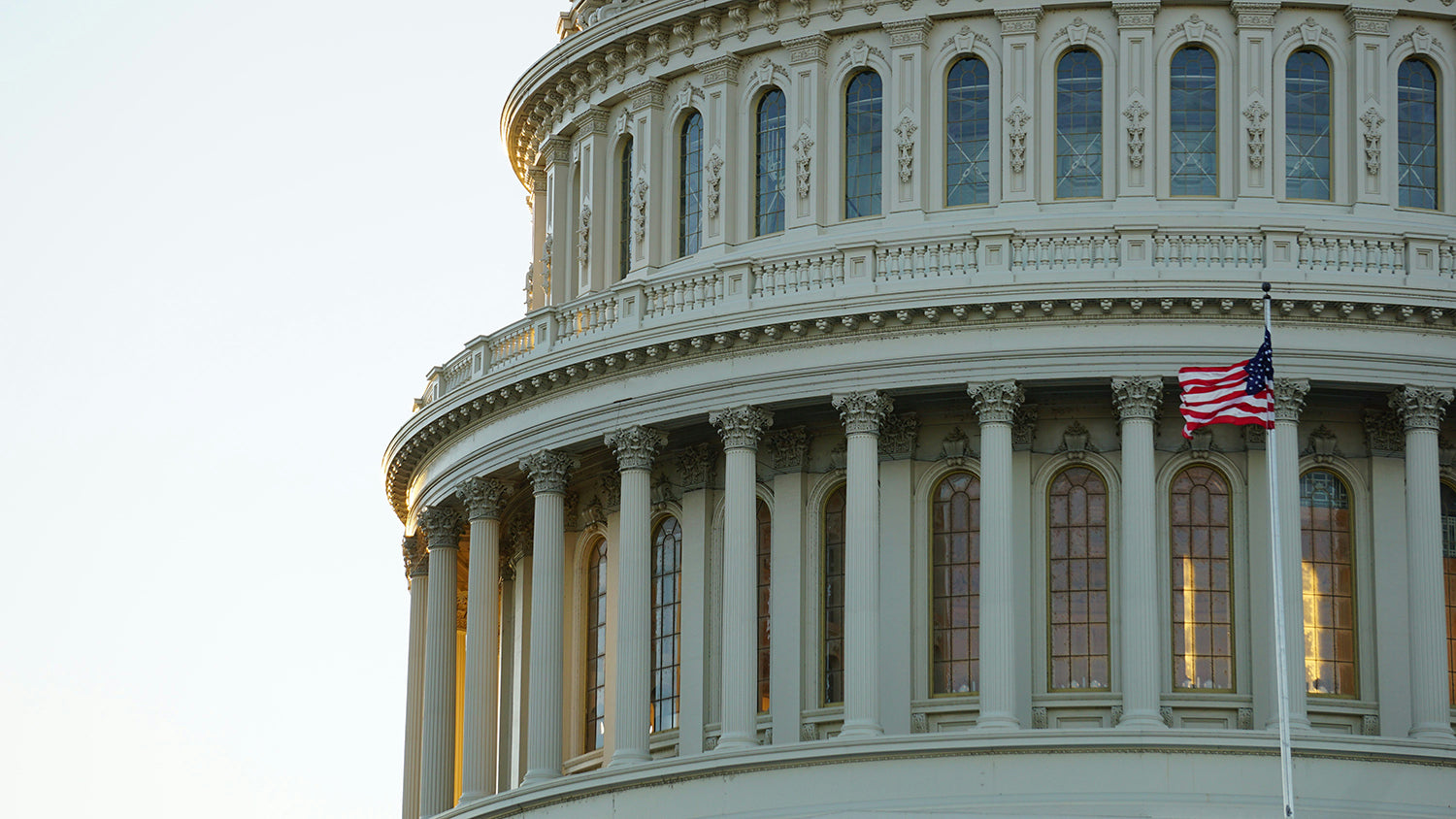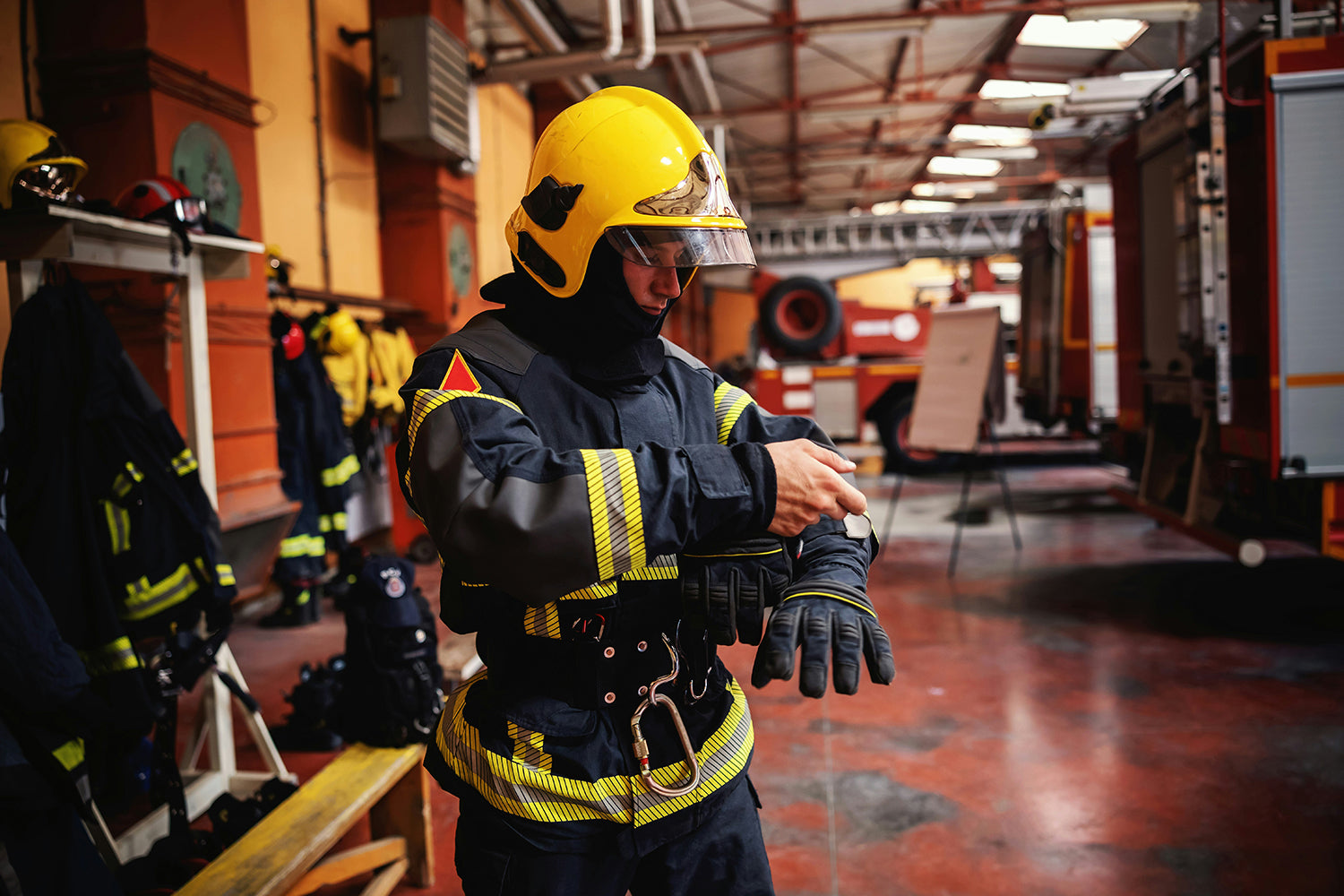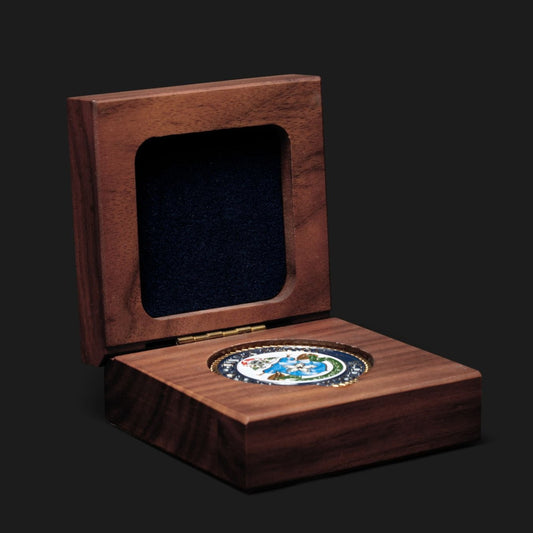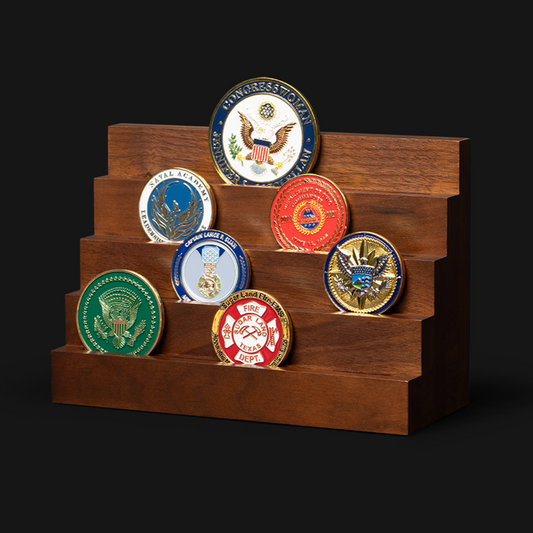
Understanding Inauguration Day in 2025
Renita WingfieldInauguration Day is one of the most critical traditions in U.S. democracy. It symbolizes the peaceful transition of power from one president to the next. This ceremonial occasion reflects the nation’s commitment to democracy and constitutional order, making it a historical and contemporary cornerstone of American governance.
What is Inauguration Day?
Inauguration Day is the official ceremony during which the President-elect of the United States is sworn into office. It is a moment of national unity, signifying the continuity of government and the peaceful transfer of power—a principle foundational to the nation’s democratic system. On this day, the President-elect takes the Oath of Office and delivers an inaugural address, setting the tone for their administration's policies and priorities.
Traditionally, the event includes processions, musical performances, and prayers, culminating in the inauguration itself. These elements combine to create an occasion that blends solemnity with celebration, honoring the individual taking office and the enduring values of the Constitution.
When is Inauguration Day?
The 20th Amendment to the Constitution mandates that Inauguration Day be observed every four years on January 20th. Before this amendment, the ceremony was held on March 4th, initially set to allow enough time for election results to be counted and travel arrangements to be made.
The choice of January 20th modernized the process, reducing the "lame duck" period between administrations. When January 20th falls on a Sunday, the public inauguration is typically held the following day, although the official Oath of Office is still administered privately on the 20th.
The History of Inauguration Day

The history of Inauguration Day is steeped in tradition, each milestone reflecting the evolution of American governance. Below are some notable moments in its history:
- George Washington’s Inauguration (1789): The first-ever U.S. presidential inauguration occurred on April 30, 1789, in New York City. Washington delivered his inaugural address at Federal Hall, setting a precedent for future ceremonies.
- The Shift to March 4th: From 1793 to 1933, inaugurations were held on March 4th, which coincided with the beginning of the congressional session under the original Constitution.
- The 20th Amendment (1933): Ratified to address logistical challenges, the 20th Amendment changed the inauguration date to January 20th, streamlining the transition of power.
- The First Televised Inauguration (1949): Harry Truman’s inauguration was the first broadcast on television, bringing the ceremony to millions of Americans.
- Barack Obama’s Inauguration (2009): As the first African American president, Obama’s inauguration broke historical barriers, drawing record-breaking crowds.
- Virtual Adjustments (2021): Amid the COVID-19 pandemic, Joe Biden’s inauguration incorporated virtual elements to prioritize public health while maintaining the event's traditional components.
Each inauguration adds a chapter to this legacy, reinforcing the enduring principles of democracy and governance.
The Presidential Oath of Office

The Presidential Oath of Office is a 35-word pledge forming Inauguration Day's constitutional cornerstone. Administered by the Chief Justice of the United States, the oath reads:
"I do solemnly swear (or affirm) that I will faithfully execute the Office of President of the United States and will, to the best of my Ability, preserve, protect and defend the Constitution of the United States."
This brief yet powerful statement binds the President to uphold the Constitution, symbolizing their commitment to the nation and its laws. While the wording remains unchanged, some presidents have added personal flourishes, such as concluding with "So help me God," a phrase popularized by George Washington.
Where Do Presidential Inaugurations Take Place?
Presidential inaugurations typically occur at the U.S. Capitol in Washington, D.C. Since 1981, the West Front of the Capitol has been the primary location. Offering a panoramic view of the National Mall and accommodating large crowds, this site embodies the democratic principles of visibility and accessibility, inviting citizens to witness the event firsthand.
Before the Capitol became the standard venue, inaugurations were held at various locations, including New York City and Philadelphia, depending on the era and logistical considerations. Even in cases of emergency, such as Lyndon B. Johnson’s 1963 swearing-in aboard Air Force One, the ceremony’s significance transcends location.
How to Attend an Inauguration Ceremony
 Attending an inauguration ceremony offers a unique opportunity to witness history unfold. While it’s an exciting prospect, proper planning is essential. Below are the key steps for securing your spot:
Attending an inauguration ceremony offers a unique opportunity to witness history unfold. While it’s an exciting prospect, proper planning is essential. Below are the key steps for securing your spot:
Securing Tickets
Tickets to the ceremony are typically distributed through members of Congress and are free of charge. However, due to high demand, it’s important to request tickets early by contacting your Senator or Representative’s office. Ticketed areas often provide better access to the event, though general admission options are also available for those without tickets. When picking up or using your tickets on-site, be prepared to present identification, as this is typically required.
Navigating Security
Security measures at an inauguration are stringent, and attendees should be prepared for bag screenings, metal detectors, and restrictions on items such as large bags, sharp objects, and signs. It is advisable to arrive several hours before the ceremony to allow ample time for security checks and to secure a good viewing spot. Adhering to guidelines about prohibited items is crucial to avoid delays, and keeping personal belongings to a minimum can make navigating security checkpoints much easier.
Transportation and Lodging
Transportation and lodging arrangements should be made well in advance due to the high volume of visitors attending the event. Public transportation, such as the Metro, is the best option to avoid traffic congestion and road closures near the ceremony site. Staying in accommodations close to the venue can significantly reduce travel time on the day of the event. Booking hotels or lodging months in advance is highly recommended to ensure availability, and having alternate transportation routes planned is wise in case of unexpected closures or last-minute changes.
Understanding Seating and Access
General admission areas for the inauguration are open to the public and provide standing-room access for attendees. For those who prefer closer access or assigned seating, ticketed sections are available, but early ticket requests are crucial to secure a seat. Accessibility accommodations, including wheelchair-accessible viewing areas, are provided for individuals with disabilities. Reviewing the event layout and access points before attending can help avoid confusion and ensure a smoother experience.
Weather Preparedness
The weather in Washington, D.C., in January is typically cold and unpredictable, so dressing appropriately is key to staying comfortable during the outdoor ceremony. Warm layers, such as thermal clothing, gloves, scarves, and hats, are essential. Waterproof outerwear or a small umbrella can help prepare for potential rain or snow. Portable hand warmers and insulated footwear can provide additional comfort in extreme cold, making it easier to enjoy the event without distraction.
Witnessing a presidential inauguration is a once-in-a-lifetime experience that requires careful preparation. By following these guidelines and planning in advance, you can ensure a memorable and meaningful participation in this historic event.
Commemorate Inauguration Day with Challenge Coins
Challenge coins have become popular for commemorating Inauguration Day. They offer a tangible keepsake of this historic occasion. These custom-designed coins often feature the date, theme, and imagery unique to each inauguration, making them highly collectible.
Organizations, government agencies, and individuals often distribute these coins to mark the event’s significance. Whether as gifts or personal mementos, inauguration-themed challenge coins symbolize unity, tradition, and the democratic process.
For those looking to create or collect custom challenge coins, Command Challenge Coins provides expert craftsmanship to honour such special occasions.
Key Takeaways
- Inauguration Day symbolizes the peaceful transfer of power, a cornerstone of democracy.
- The event occurs every four years on January 20th, as established by the Constitution.
- Ceremonial traditions like the Presidential Oath and inaugural address hold deep historical significance.
- Proper planning allows the public to witness this event through tickets or general admission.
- Challenge coins serve as unique commemoratives, honouring the day’s importance.
Common Questions
What happens on Inauguration Day?
On Inauguration Day, the President-elect and Vice President-elect are officially sworn into office. The day includes ceremonies such as the Presidential Oath of Office, an inaugural address, and celebrations like parades and formal balls. These events highlight the peaceful transfer of power, a fundamental element of democracy.
Why is Inauguration Day held on January 20th?
Inauguration Day is held on January 20th due to the 20th Amendment to the U.S. Constitution, ratified in 1933. This amendment shortened the transition period between administrations, moving the ceremony from March 4th to January 20th to expedite governance and reduce uncertainty.
How is the Presidential Oath of Office administered?
The Chief Justice of the Supreme Court administers the Presidential Oath of Office, a 35-word pledge that commits the President to preserving, protecting, and defending the Constitution of the United States. This brief but powerful tradition is a defining moment of Inauguration Day.
Can the public attend a presidential inauguration?
Yes, the public can attend a presidential inauguration by securing tickets through members of Congress. While the event is free, ticketed access provides closer views of the ceremony. General admission areas and live broadcasts make the inauguration accessible to all.
What are some ways to commemorate Inauguration Day?
Keepakes like challenge coins can commemorate Inauguration Day by capturing its significance. Custom coins often feature symbols, themes, and dates associated with the inauguration, serving as meaningful tokens of this historic occasion.

Discover the Honor Behind Every Coin
At Command Challenge Coins, we're not just creating tokens; we're forging symbols of achievement, unity, and recognition. Our commitment to excellence is mirrored in every meticulously crafted coin, embodying the values and stories of those who carry them. From the rich history embedded in military traditions to the contemporary applications across various sectors, challenge coins represent more than just metal—they symbolize a legacy of honor and camaraderie.
Have a design in mind or need guidance on creating your unique challenge coin? Get a free quote today to consult with our specialists.
